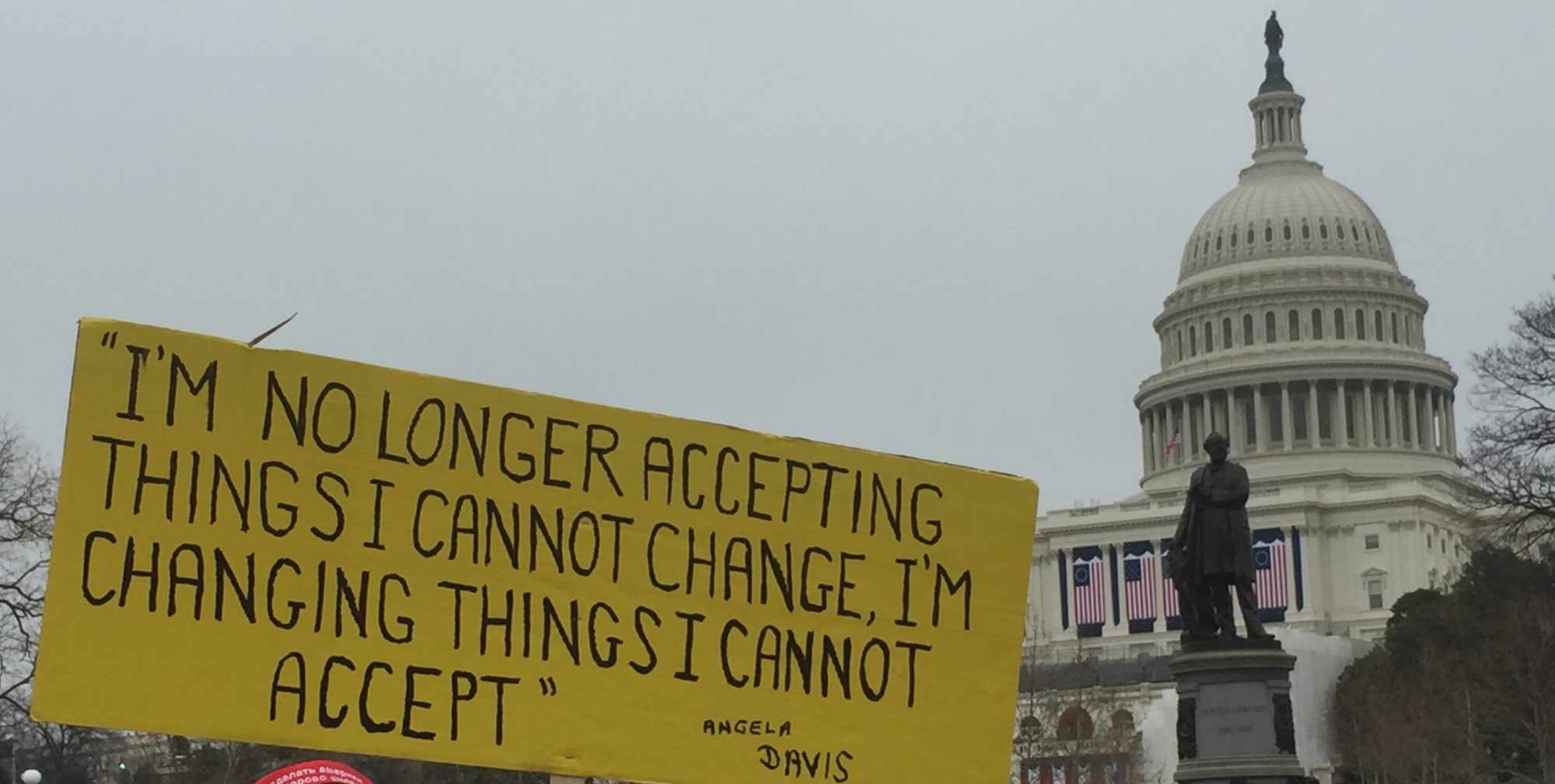February 1, 2021–Black History Month begins today and students around the country will likely learn about some of the well-known heroes of the civil rights movement such as Rosa Parks, Frederick Douglass, and Harriet Tubman.
But I hope older kids—and adults—will take a deeper dive. For me, my real education about Black History began about four years ago when I saw Ava DuVernay’s incredible documentary film 13th which details the systemic racism that created and sustained a pipeline to prison for so many African Americans.
If you haven’t seen this film, make a plan to see it this month. It opened my eyes. It broke my heart. And it changed me.
We all learned about slavery and the end of slavery in America. But how many of us learned what happened next? About convict leasing, Jim Crow laws, mass incarceration, and the deliberate attempt to create, as discussed in the film, a mythology of black criminality and a presumption of dangerousness and guilt for Black Americans.
Watch this film to learn about mandatory minimums, “three strikes and you’re out” laws, the 1994 crime bill, and how and why crack cocaine came to be treated differently than powder cocaine.
Watch this film to understand why, as Barack Obama points out in the film, the United States is home to 5% of the world’s population, but 25% of the world’s prisoners.
Watch this film to get acquainted with the stories of Emmitt Till, the (exonerated) Central Park 5, Willie Horton, Trayvon Martin, Angela Davis, Malcolm X, the Black Panthers, Kalief Browder, Oscar Grant, Eric Garner, Walter Scott, Freddie Gray, Laquan McDonald, Jason Harrison, Eric Courtney Harris, and Philando Castile.
Watch this film to learn how President Trump contributed to an increase in bullying and violence among young people. (For example when he said, “I’d like to punch him in the face…In the old days he’d be carried out in a stretcher…in the ‘good old days.’”)
Watch this film to learn about the American Legislative Exchange Council (ALEC) which writes state-level legislation that, among other sinister things (like “Stand Your Ground” laws which helped Trayvon Martin’s killer to be acquitted), led to a massive expansion of the prison population.
Watch this film to connect dots of segregation, the racist film “Birth of a Nation,” the “Southern strategy,” and the racist concept of “super-predators.”
If you are considering watching this film with your child(ren), you should know that this film takes a harsh look at many realities of our nation’s history: images of hangings and lynchings, children behind bars, protestors being hosed and threatened by dogs, the rape scene in the film 12 Years a Slave which ends with a slap, an image of Fred Hampton’s murder, “KKK” carved into a man’s skin, description of the “limbs and heads” of the Birmingham 4, images of detained immigrant children, maggots in prison food, the N word in songs and descriptions, the brutal beating of Khalief Browder in jail, naked bodies on a prison floor, image of scar tissue on a slave’s back, an image of Emmitt Till’s face in an open casket. Common Sense Media says this film is appropriate for “mature teens” although I recently showed it to my 12-year-old. We stopped the film a few times to discuss it.
It pains me that so much of this material was completely new to me. My American History classes didn’t cover this. I don’t know how many white people select college classes from the African American Studies department, but I wish I had. Or maybe the curriculum needs to change so American History tells a more complete story. Many school districts are rethinking their curriculum to help students become more culturally and racially literate, which is a good step.
There are other powerful films about equal justice and civil rights, such as Selma, The Hate U Give, Rosewood, Hidden Figures, most of which are appropriate for families to watch together. Be sure to talk about what they saw and what they learned. Nelson Mandela called education the most powerful weapon to change the world, and your next family movie night can help give your kids this much-needed education.
As I work toward becoming a worthy ally to my Black and Brown brothers and sisters, I pledge to continue learning about these issues. I pledge to teach my children what I never learned. And I pledge to support candidates and causes—the Equal Justice Initiative, the Bail Project, the Southern Poverty Law Center, among them—that are working to change our very unjust criminal justice system.
Gail Ravnitzky Silberglied founded Speak Up Advocacy to help people advocate more effectively. She was inspired to get involved with Cory Booker’s 2020 presidential campaign based on these issues.
